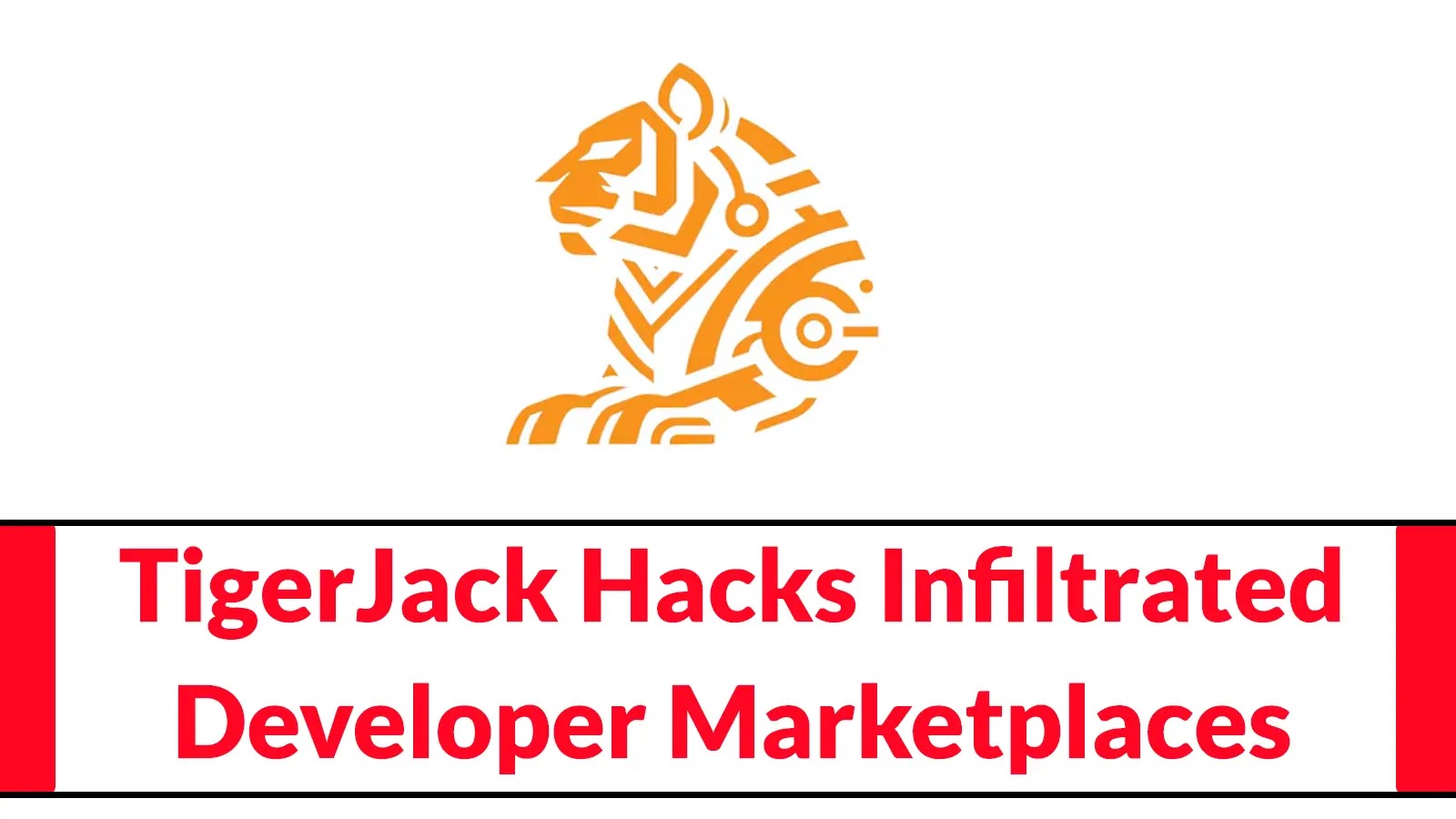In September 2024, the ransomware group 8Base announced a significant breach of Volkswagen’s systems, claiming to have exfiltrated a substantial amount of confidential data. This incident has raised serious concerns about the security of sensitive information within one of the world’s leading automotive manufacturers.
The Emergence of 8Base and Its Tactics
Active since early 2023, 8Base has gained notoriety for its use of the Phobos ransomware variant and double-extortion strategies. These tactics involve not only encrypting victims’ data but also threatening to release it publicly unless a ransom is paid. The group has targeted over 400 organizations, often gaining initial access through phishing schemes or by purchasing credentials from initial access brokers.
Details of the Alleged Breach
On September 23, 2024, 8Base claimed to have accessed and stolen a trove of confidential files from Volkswagen. They threatened to release this data by September 26 if their demands were not met. Although the deadline passed without any public leaks, 8Base listed the purported stolen data on its dark web site. The data allegedly includes invoices, receipts, accounting documents, personal employee files, employment contracts, certificates, personnel records, and numerous confidentiality agreements. This information could encompass financial records and sensitive personal details from Volkswagen’s global operations, affecting brands such as Audi, Porsche, Bentley, Lamborghini, Skoda, SEAT, and Cupra.
Volkswagen’s Response and Potential Implications
Volkswagen acknowledged awareness of the incident but emphasized that its primary IT systems remained unaffected. This statement suggests that the breach may have occurred through a third-party supplier, partner, or subsidiary. Given Volkswagen’s extensive global operations, any data exposure is a significant concern. While no customer data breach has been reported, the inclusion of personal and financial details raises alarms under the European Union’s General Data Protection Regulation (GDPR). If substantiated, this could lead to fines of up to 4% of the company’s global revenue.
Broader Context of Cybersecurity Challenges in the Automotive Industry
This incident is not isolated. The automotive industry has faced multiple cybersecurity challenges in recent years. For instance, in October 2025, Volkswagen experienced a significant hacking operation that resulted in the theft of approximately 19,000 documents. Investigations suggested that the cyberattack originated in China, raising concerns over international cyber espionage and its implications for the global electric vehicle (EV) industry. The stolen data included critical information on Volkswagen’s proprietary EV technologies and production strategies, directly threatening the company’s competitive edge in the rapidly growing EV market.
Additionally, in October 2025, significant vulnerabilities were uncovered in Volkswagen’s connected car app, exposing sensitive personal information and complete service histories of vehicles worldwide. These flaws allowed unauthorized access to user data through simple exploits requiring only a vehicle’s VIN number, which is visible through most car windshields. This breach marked the second major cybersecurity incident for Volkswagen in six months, following a December 2024 cloud storage leak that compromised data from 800,000 electric vehicles.
The Growing Threat of Ransomware Attacks
The automotive industry is not alone in facing ransomware threats. In October 2025, Sensata Technologies, a company developing sensor-rich solutions and electrical protection systems for automotive, aerospace, and industrial applications, experienced a sophisticated ransomware attack. The attack caused significant operational disruptions across the company’s global network, with attackers successfully encrypting critical network devices and exfiltrating sensitive data. Despite the breach, Sensata stated it had no intention of complying with the ransom demands.
Similarly, in October 2025, Volvo Group North America disclosed a data breach resulting from a ransomware attack on one of its third-party human resources software suppliers. The breach exposed personal information, including names and Social Security numbers, highlighting the persistent and growing risks associated with supply chain vulnerabilities.
Recommendations for Enhanced Cybersecurity Measures
These incidents underscore the escalating threats to critical industries like automotive manufacturing. Cybersecurity firms urge enhanced third-party risk management and monitoring, as such attacks often exploit weaker links in supply chains. Companies are advised to:
– Conduct Regular Security Audits: Regular assessments can identify vulnerabilities within the organization’s systems and those of third-party partners.
– Implement Robust Incident Response Plans: Having a well-defined plan ensures a swift and effective response to security breaches, minimizing potential damage.
– Enhance Employee Training: Educating staff about phishing schemes and other common attack vectors can reduce the risk of initial breaches.
– Adopt Zero-Trust Architectures: This approach requires verification from everyone attempting to access resources in the network, regardless of their location.
– Monitor Supply Chains: Regularly assessing the security practices of suppliers and partners can help identify and mitigate potential risks.
Conclusion
The alleged ransomware attack on Volkswagen by 8Base serves as a stark reminder of the vulnerabilities present in the automotive industry’s digital infrastructure. As cyber threats continue to evolve, it is imperative for companies to proactively enhance their cybersecurity measures, ensuring the protection of sensitive data and maintaining the trust of customers and stakeholders.



